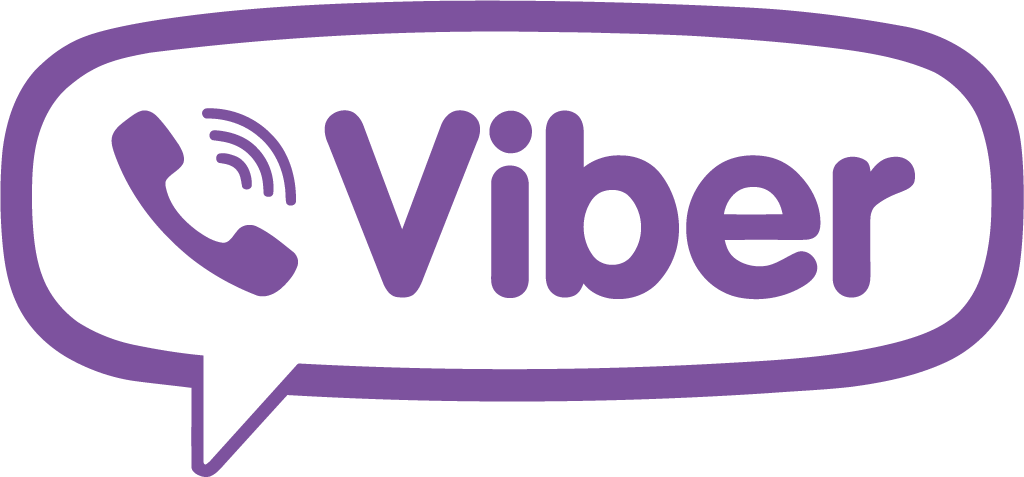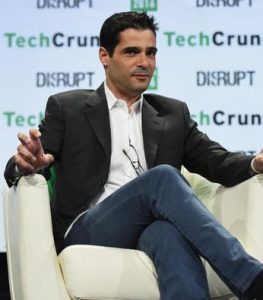Threema : Small Step to Enhanced Security in Conversations
What if we told you that there exists an application which completely secures your data privacy? Amid the data breaches taking place, you probably might not believe us. However, it is true, and the app we are talking about is Threema; an instant messaging application, similar to our favourite Whatsapp. The app has been the one-time ‘Android App of the Year(2015)’ and two-time ‘Best Selling iOS App (2014, 2015)’ winner.

Threema was founded by Manuel Kasper, an entrepreneur from Switzerland, in 2012. The country is known for its pro-data privacy laws, so do the app. The app is also subject to strict European General Data Protection Regulation (GDPR). It, basically, functions on unique identification, unlike other apps which function on Private information such as a mobile number.
In 2013, Threema expanded its user base on an exponential scale. This sudden rise in users came from Europe, particularly from Germany. This was a primary result of the infamous Snowden’s revelations. These revelations had a two-fold effect. Firstly, it exposed the American surveillance network and its outreach. Secondly, there was an outbreak of public awareness of the importance of data privacy. Suddenly, the topic of Data Privacy became of broad and current interest. People started paying closer review to it.
Since then, many people have commented on data privacy issues. In a recent interview, Tim Cook, Apple CEO, said, “Lately, it seems this industry is becoming better known for a less noble innovation – the belief you can claim the credit without accepting responsibility”. Cook also blasted corporations on data privacy issues, breaches, violations. Facebook’s recent scandal, where the people’s information was harvested without their permission. It shook the world. However, Mark Zuckerberg dodged punishment in a seemingly unconvincing way.
Threema aims to securely protect user data and exhibits some characteristic features, which distinguish it from the competition. It promises the security of the user’s data by way of end-to-end encryption technology, which is not limited only to a ‘person to person’ conversation, but also to group chats, voice messages and media files. The technology ensures the singular ability of the recipient to decrypt the messages. Neither any service provider nor any person can decrypt them.
We all know that technology giant ‘Whatsapp‘ has been creating data profiles of users for its parent organisation ‘Facebook’. However, Threema does not fiddle around with “Metadata”, meaning that the app collects the particular data which is “sine qua non” for the conversation between people. Such an approach has appealed to the people. However, every coin has two sides. Threema’s enhanced security has been misused by terrorist modules such as ISIS and Hizbul to converse freely in a secure environment.
Threema also ensures safe and anonymous data recovery through its platform. Threema Safe is an automated self-hosted platform for the purpose of data recovery. The backup is processed by ‘scrypt’ algorithm, which creates a near-impenetrable cryptographic key. Such an algorithm leaves brute-force attacks useless.
Threema has based its success purely on its exceptional security protocol. If you look at data privacy as one of the major concerns, you don’t need to look beyond. It has been widely praised as one of the most secure messaging apps. And if that is not enough, the app has also scored perfectly well on several tests and studies. While this has happened, the app has treaded on the lines of secure communication diverting from the apathetic chaos created by certain organizations, making our life little more secure.

Gaurav is a passionate writer and has been writing for the past 2 years. He loves dogs and is, specifically, fond of pugs. He also enjoys playing football.



